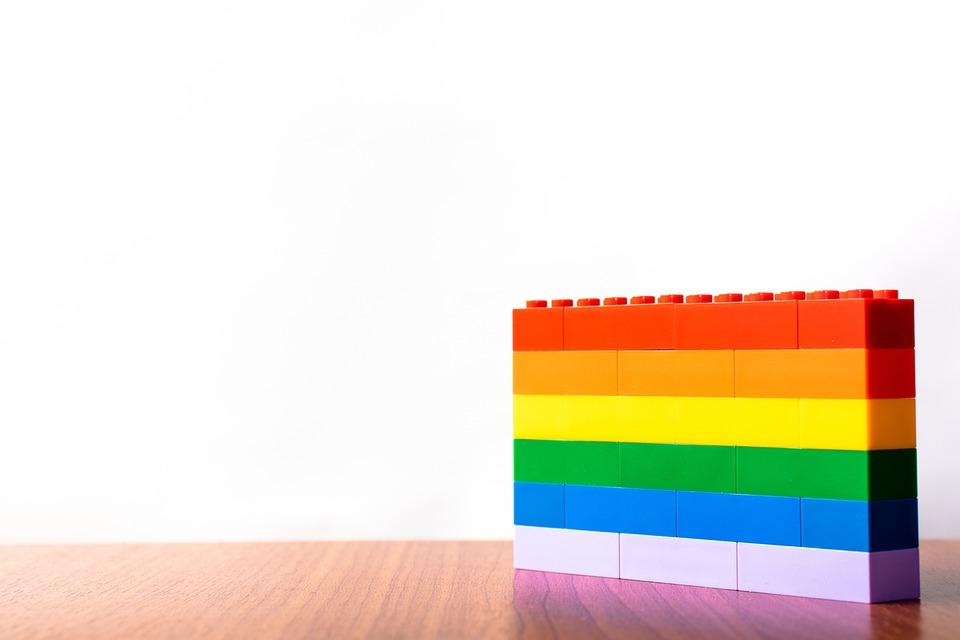China, with its rich history and culture, has long been known for its conservative values and traditional family norms. However, in recent years, there has been a gradual shift in attitudes towards the LGBTQ+ community, as advocacy groups and individuals strive to break the barriers and fight for equal rights.
It is crucial to understand that the journey towards acceptance and equality for the LGBTQ+ community in China has not been an easy one. Traditional Chinese values, influenced by Confucianism, emphasize the importance of marriage, family, and filial piety. Consequently, this has created significant challenges and barriers for LGBTQ+ individuals.
Historically, homosexuality was considered a mental illness in China until 2001 when it was declassified as such. Despite this significant step forward, same-sex marriage is still not legally recognized, and discrimination remains prevalent. Many LGBTQ+ individuals face societal pressure to conform to traditional norms, leading to challenges in expressing their true identities openly.
However, despite these obstacles, the LGBTQ+ community in China has made considerable progress in the fight for equal rights. Advocacy groups such as the Beijing LGBT Center and the LGBT Rights Advocacy China have played pivotal roles in raising awareness about LGBTQ+ issues and providing support to individuals in need.
One landmark moment in the struggle for LGBT rights in China was the decriminalization of homosexuality in 1997. This legal change marked a significant step forward and paved the way for further activism and public dialogue. LGBTQ+ individuals began to gather in public spaces and hold pride parades and events to raise awareness and foster a sense of community and belonging.
Gradually, more and more LGBTQ+ individuals have found the courage to come out and live authentically. This growing visibility has contributed to changing attitudes, with more people recognizing and accepting the existence and rights of the LGBTQ+ community.
In recent years, several high-profile incidents have sparked national conversations about LGBTQ+ rights in China. One such incident was the case of Qiu Bai, a transgender college student who took legal action against a university for denying her the right to use female restrooms. This case drew significant media attention and prompted discussions about transgender rights and inclusivity.
Moreover, popular culture, including movies, television shows, and music, has increasingly embraced LGBTQ+ narratives, contributing to the normalization of diverse sexual orientations and gender identities. This cultural shift has played a vital role in challenging societal norms and prejudices, ultimately promoting acceptance and understanding.
It is worth noting that while progress has been made, much work remains to be done to achieve full equality for the LGBTQ+ community in China. Activists continue to push for legal recognition of same-sex partnerships and protections against discrimination in employment, housing, and healthcare. These efforts are met with both support and opposition, reflecting the ongoing debates surrounding LGBTQ+ rights in Chinese society.
In conclusion, the battle for LGBTQ+ rights in China has been a challenging journey, marked by both progress and setbacks. Advocacy groups and individuals have worked tirelessly to challenge traditional norms and fight for equal rights. With each passing year, the walls of discrimination and prejudice are slowly crumbling, and the voices of the LGBTQ+ community are growing louder. While there is still much work to be done, the future looks promising, and the struggle for LGBTQ+ rights in China continues to break barriers.
Nada Foundation
to help girls and women
